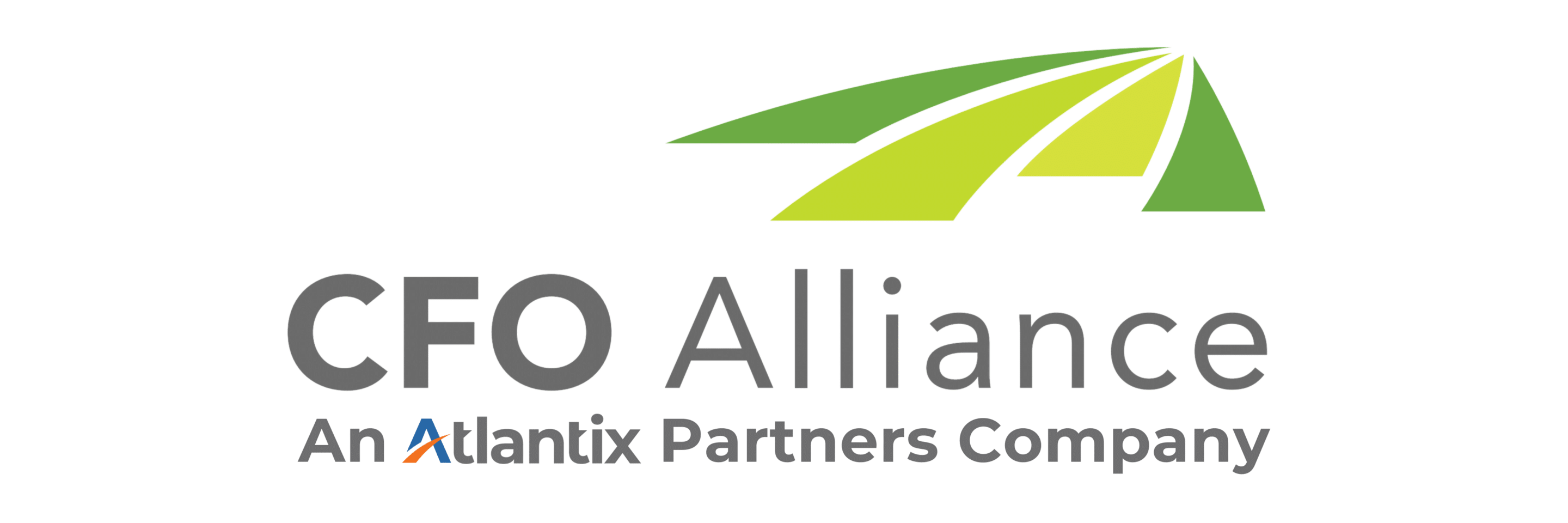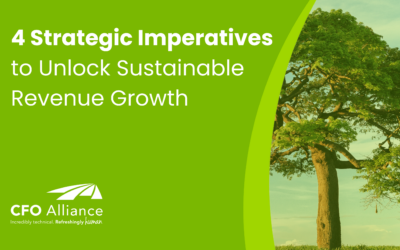7 Leadership Traits Candidates Love
in Today’s Hiring Market
Building a stellar team is a little like starting a new relationship. The really great ones are 90% commitment and 10% luck. To get lucky in love, you need more than just chemistry. You also have to invest time, effort, and energy into developing an effective partnership. The same is true with hiring and retaining top-notch employees.
According to SHRM’s report, Employee Job Satisfaction and Engagement: Doors of Opportunity, the number one factor contributing to job satisfaction is respectful treatment of employees at all levels. The third most important factor is trust between employees and senior management. In other words, the happiest employees work in a culture of trust, respect, and communication. And that starts with leadership.
7 Leadership Traits People Love
Leadership and management styles play a significant role in how people feel about their jobs and whether they stick around. Here are 7 traits that effective leaders share:
1. Authenticity
Being an authentic leader means approaching work in a way that aligns with your personality and values. When leaders try to project an image that doesn’t match who they are, employee trust suffers. That’s why it’s critical to hire leaders who are a good cultural fit for your company in terms of values, work ethic, and leadership style.
What does authenticity look like in action? Authentic leaders are committed to the organization, believe in its mission and goals, and are passionate about their jobs. They work to develop self-awareness and an understanding of interpersonal relationships within their teams, and they prioritize effective communication.
2. Communication
According to a 2019 Gallup poll, more than half of employees who voluntarily leave their jobs say that their managers could have done something to prevent them from leaving. Those employees also say that in the three months before their resignation, no one at the company talked to them about their job satisfaction.
Communication is essential to retention, because leaders can’t fix problems they don’t know about. But effective communication has to involve more than big picture discussions about job satisfaction and performance. Strong leaders also communicate effectively in day-to-day interactions. They know how to inspire passion in their teams and build trust-based relationships, and they are responsive to employee feedback and concerns.
3. Recognition
Recognition is the next step in communication. According to SHRM, two-thirds of companies (68%) say that instituting a recognition program has positively affected retention. Employees want to know that their leaders appreciate them and value what they do.
Effective leaders understand that recognition isn’t just about leaderboards and incentives. It’s also about small gestures such as saying thank you for a job well done, celebrating important milestones, or taking the team out to lunch after completing a project.
4. Collaboration
Building a culture of collaboration starts with trust and respect among managers and team members. When employees view their workplace as a community in which they are invested and embedded, they are more likely to enjoy their work. Without this foundation, true collaboration can’t take place. Within a trust-based culture, however, leaders can promote collaboration with shared goals, collaborative on software, team-building opportunities, and peer-to-peer feedback.
Organization and attention to detail are also key pieces of the collaboration puzzle. Employees respect leaders who have a plan and know how to execute that plan in an efficient, organized way.
5. Fairness
Fair leaders help employees feel valued and respected at work by understanding the skills and knowledge they bring to the table. They work to understand employees’ individual strengths and provide opportunities for those strengths to be utilized. This may include conducting strengths assessments, ensuring access to resources and tools, conducting effective performance reviews, and building a culture of mutual respect.
6. Inclusion
DEI programs and initiatives are important and valuable in any organization, but they will only be effective if inclusion starts at the top. Inclusive leaders work to recognize and counter their own potential bias, establish a merit-based culture, demonstrate humility and willingness to admit mistakes, and foster awareness of the perspectives and needs of others. They also demonstrate a visible commitment to diversity and inclusion by instituting policy changes as needed, holding everyone accountable to stated priorities, and empowering all team members to contribute.
7. Refreshingly Human
Ultimately, effective leaders are refreshingly human in their approach to team building, personal relationships, and leadership styles. This is an intangible trait that is difficult to define, but it can be felt in the culture of an organization. You’ll know you’ve achieved it when employees feel confident in speaking up, when they don’t hesitate to ask questions or present concerns, and when leaders are viewed as approachable, trustworthy, and empathetic.
Successful Hiring & Retention Requires Strong, Effective Leaders
The quality of leadership in your company can have significant impacts on your ability to hire and retain skilled talent, which will in turn affect overall outcomes. One of the best ways to invest in the future of your company is to consider these traits as you recruit and hire for leadership positions. In addition, you can support your current leaders by investing in training to develop and promote desirable leadership traits.
Sometimes, leaders struggle to lead effectively because they simply have too much on their plates. It’s difficult to invest in your team when you are burned out and overwhelmed. If that’s the case for your team, outsourcing can help. At CFO Alliance, we support companies throughwith strategic financial leadership and a team of leaders and doers who are ready to jump in and hit the ground running.
Want to learn more about how we can support your finance function? Contact us today to start the conversation!
Download our Founders Financial Playbook to see how we eliminate financial stress and uncertainty with the Office of the CFO solution!
4 Strategic Imperatives to Unlock Sustainable Revenue Growth
4 Strategic Imperatives to Unlock Sustainable Revenue GrowthCreating long-term, sustainable revenue growth takes more...
Future-Proof Your Workforce with a Modern Talent Agenda
Future-Proof Your Workforce with a Modern Talent AgendaWhat does the future of talent look like? It’s a fair question,...
The Talent Behind the Tech: How Skills-Based Hiring Supports Technology Innovation
The Talent Behind the Tech: How Skills-Based Hiring Supports Technology InnovationStaying relevant with technology in...




